LATEST INSIGHTS
Your Present Location: LATEST INSIGHTS-
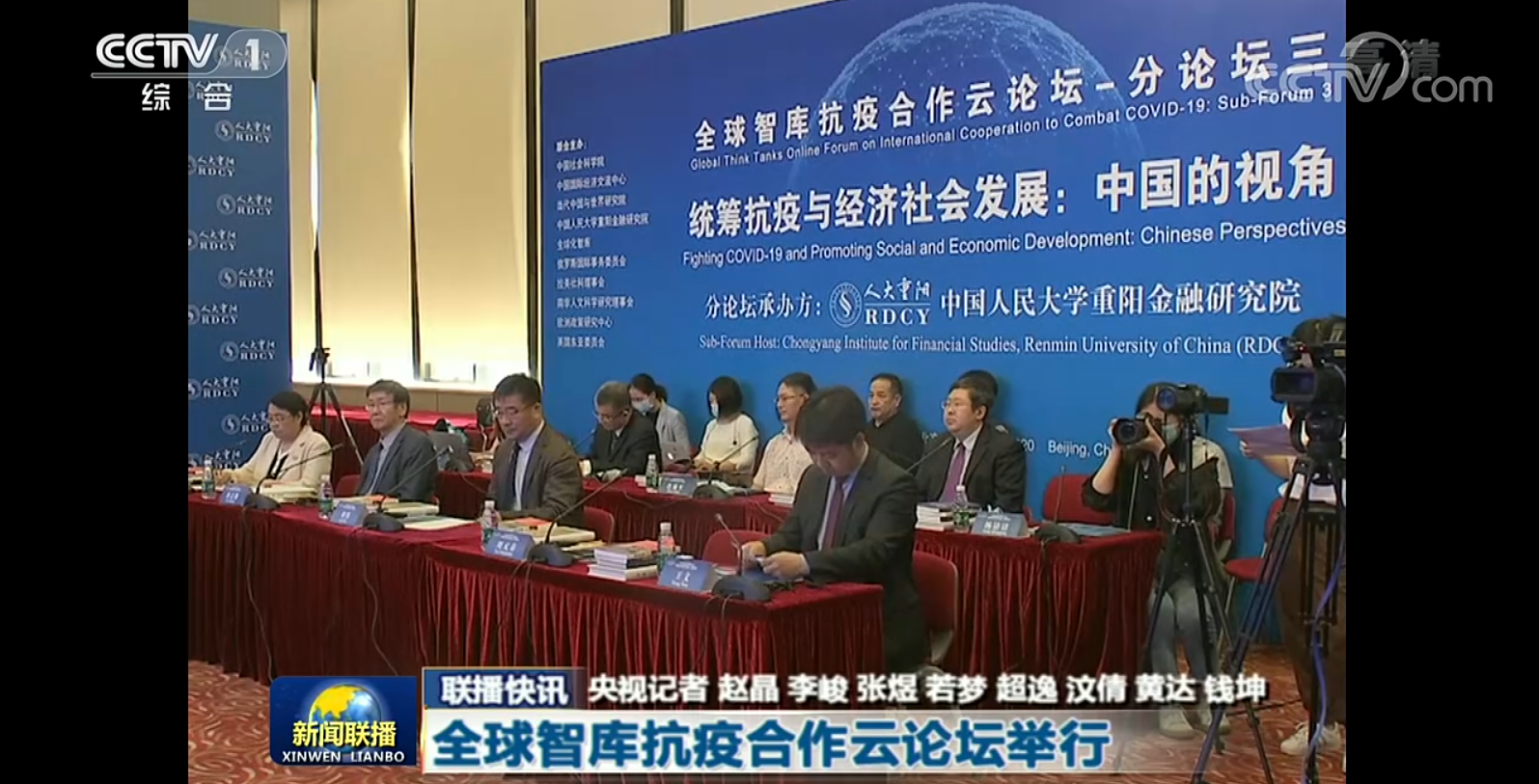
China's recovery may be key globally
Stronger economic policies and international cooperation will support the world's recovery from the pandemic, and China returning faster to normalcy could be a major stabilizer of the global economy, experts from home and abroad said at a forum on Wednesday.
2020-06-11 -
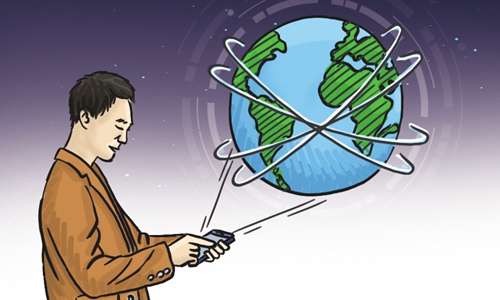
After decades of attempts, China enacts its first Civil Code
The Civil Code, anticipated for decades, finally came to life and was adopted at the Third Session of the 13th National People's Congress (NPC), China's top legislature, on May 28. It will take effect on January 1, 2021. Jin said he was "overjoyed" at the news in an interview with Xinhua News Agency, adding that it was a "blessing" for him to see his lifelong goal come to fruition.
2020-06-10 -
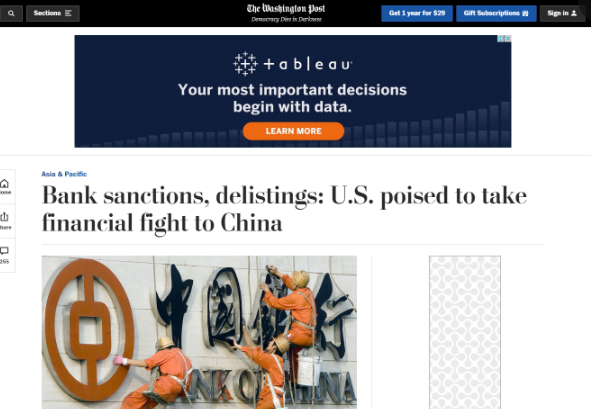
Bank sanctions, delistings: U.S. poised to take financial fight to China
“The profit-seeking nature of capital determines that China is still one of the most sought-after markets,” he said. “Whoever loses the Chinese market will lose the future.”
2020-06-09 -
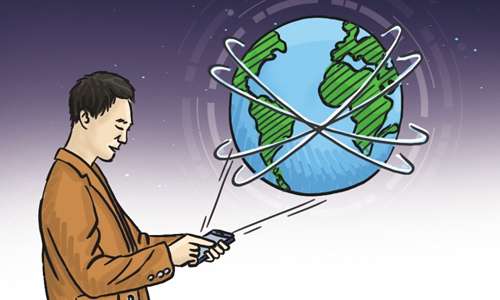
Wang Wen: Chinese are drawing a super map
Eyeing politics, economy, society, and culture, scholars have been reflecting on the collapse of the Chinese empire after modernization era began. But they have often neglected factors of map making. Fortunately, the Chinese are capable of stopping this history from repeating itself.
2020-06-09 -
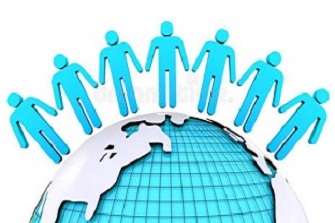
Liu Zongyi: The Establishment of the Informal Meeting Mechanism between Chinese and Indian Leaders and the Prospects of China-India Relations
India, China’s neighbor to the southwest, is a major country in South Asia with a population of more than 1.3 billion and a developing country that is on a fast rise. An important member of many international organizations, India is significant for China’s diplomacy. For historical and realistic reasons, however, China-India relations have all along experienced ups and downs.
2020-06-09 -
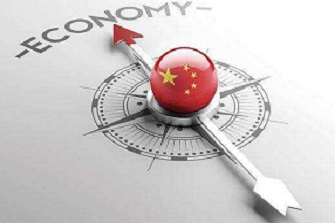
Full Text: Fighting COVID-19: China in Action
China on Sunday published a white paper outlining its detailed steps and measures in fighting the COVID-19 epidemic, which demonstrates to the world how China won the arduous fight. It also shows how China has timely and effectively curbed the viral spread, delivering a strong rebuke to Western media and politicians' rancorous accusations of China on alleged "cover-up" and "delay" in its response.
2020-06-08 -

Chinese firms likely to return to HK amid rising US animosity
Listed Chinese companies in the US are seeing a return against the backdrop of US' escalating threats on Chinese firms under the guise of fraudulent accounting practices. Chinese officials urged the US to make sincere efforts to solve related problems based on international conventions of cross-border audit supervision, instead of politicizing related rules. China holds a zero tolerance attitude towards financial fraudulent activities of listed companies, Geng Shuang, the Chinese Foreign Ministry spokesperson, told a press conference on Friday.
2020-06-08 -

Lower lobster tariffs 'unlikely'
China is unlikely to lower tariffs on US lobsters, part of its countermeasures against US tariff hikes, unless the trade dispute initiator moves first on tariff rollbacks, a former senior Chinese trade official said on Sunday. US President Donald Trump threatened the EU and China with more tariffs at a roundtable event in the US northeastern state of Maine with local fishermen on Friday, according to Bloomberg, in hopes of intimidating the trading partners into reducing tariffs on US lobsters.
2020-06-08 -
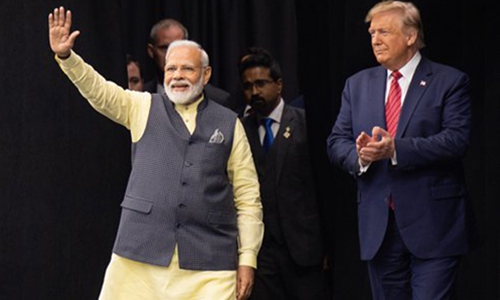
Liu Zongyi: India plays with fire spicing up G7 expansion
Indian Prime Minister Narendra Modi responded positively to US President Donald Trump's proposal of expanding G7 into a G11 or G12 that includes India. In a phone conversation on Tuesday, Modi commended Trump for his creative and far-sighted approach, acknowledging the fact that such an expanded forum would be in keeping with the emerging realities of the post-COVID-19 world, according to a statement by the Indian Ministry of External Affairs.
2020-06-08 -

John Ross: Not Hong Kong, what US really care about is Huawei
John Ross, Former Director of Department of Economy and Business Policy in London and the senior fellow with the Chongyang Institute for Financial Studies at Renmin University of China, interviewd by LENS TV to share his opinion about the true attitude, Britian and United States hold toward Hong Kong. It is believed to him that the United States and UK are not really going to increase their attack on China becaues of Hong Kong. The real reasons that the United States launched an attack on China is that the United States is about to enter very severe economic recession.
2020-06-05 -
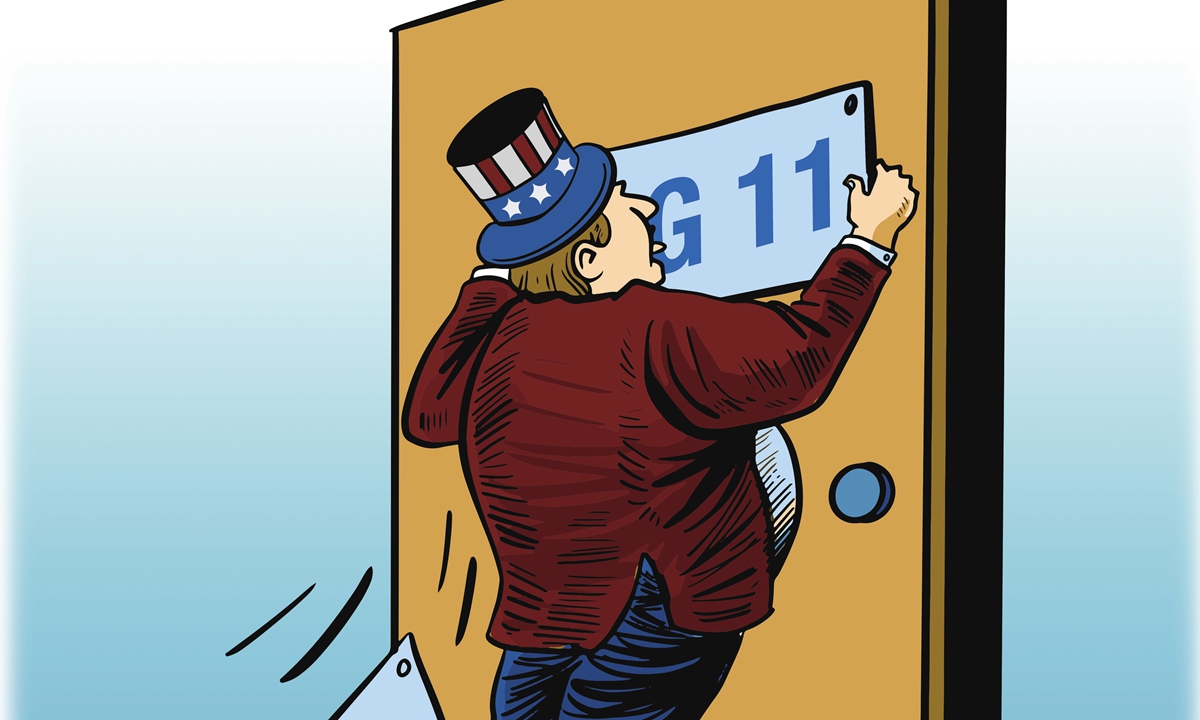
Li Wei: Can Washington expand G7 in anti-Beijing move?
The US, this year's host country for the G7 summit, reportedly intends to form a "G11" by inviting South Korea, Australia, Russia and India to attend the meeting that has been postponed until at least September. But how well the US has maintained its global leadership capacity is in question, as is whether or not it will be able to use the summit as a platform to promote its anti-China agenda. That the US intends to invite new countries to attend is not shocking as G7 summits have adopted a G7-plus mechanism and the host country is permitted to issue invitations.
2020-06-05 -
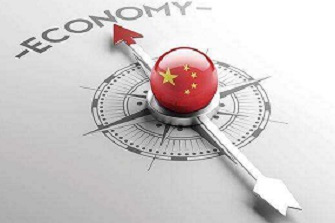
Trump’s threats won’t frighten firms
US President Donald Trump's latest volley of threats at China's Hong Kong Special Administrative Region (HKSAR) is unlikely to intimidate savvy businessmen into a withdrawal from the city, regional affairs watchers said. Trump said last week that he would take "meaningful" action to eliminate Hong Kong's trade privileges under US law. Although most market watchers believe Trump's move is more bark than bite, his words suggest that Washington may consider imposing the same tariff rates on Hong Kong as in the Chinese mainland.
2020-06-05 -
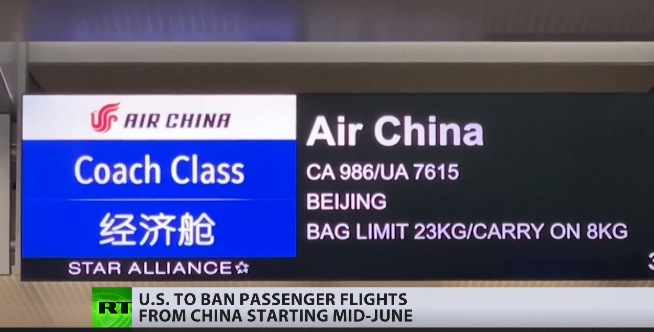
Wang Wen: Ban or open at will? US suspending on Chinese airlines is unreasonable and hegemonic
The United State plans to suspend passenger flights to China later this month. Russia's top international media "Russia Today" (RT) gave an exclusive interview with Wang Wen, the Executive Dean of Chongyang Institute for Financial Studies at Renmin University of China (RDCY) on this issue. The following is the full text of the interview.
2020-06-05 -
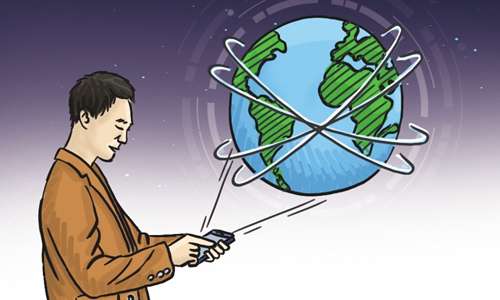
William Jones: New Signals from China Instill Confidence in the World
Despite the postponement from the normal time-frame in early March due to the novel coronavirus, China was able to hold the annual meetings of its legislature, the National People’s Congress (NPC), and its consultative body, the Chinese People’s Political Consultative Conference (CPPCC), at the end of May, as one of the first countries which have succeeded in getting back to something of a “new normal” after the coronavirus outbreak. The meetings give an opportunity for the government and legislators to chart the pathway forward after the major disruption caused by the epidemic.
2020-06-04 -
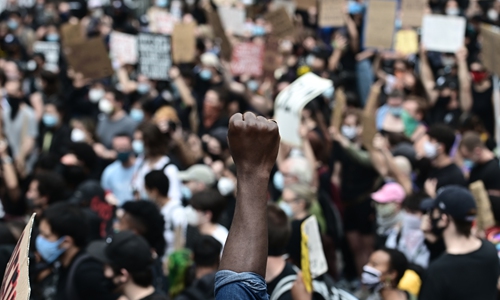
Zhao Minghao: Riots and COVID-19 serious US governing crises
US riots have further intensified as violent clashes have erupted in over 70 cities with more than 40 imposing curfews. This has taken place when the US is plagued by the spreading COVID-19 epidemic, a severe economic downturn and the highest unemployment rate in decades. With such catastrophes, the Trump administration is facing a "perfect storm."US President Donald Trump and his core aides should be blamed for the escalation of the riots.
2020-06-04 -

John Ross: Riot in Hong Kong will stop when rioters understand it is zero chance of success
John Ross, Former Director of Department of Economy and Business Policy in London and a senior fellow with the Chongyang Institute for Financial Studies at Renmin University of China, interviewd by LENS TV to share his opinion about unrest in Hongkong. There are two main opinion: First, the real political agenda of the leaders of the riots is a succession of Hong Kong which has zero chance of success; Seond, most big businesses in Hong Kong support the National Security Law and want to put an end to the rioting.
2020-06-04 -
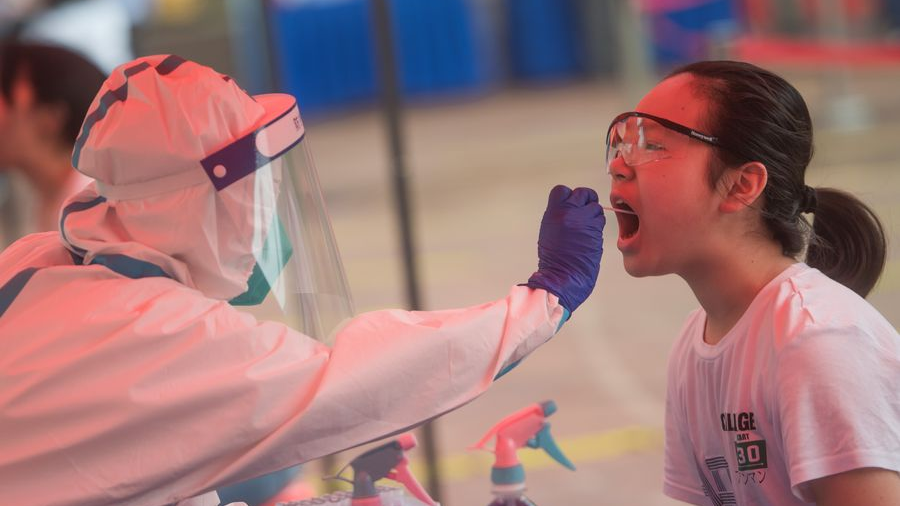
Djoomart Otorbaev: Government operation styles will be different after the pandemic
Global re-orientation to online formats caused by the pandemic will continue and gets in an irreversible course in the post-pandemic era. What is effectively working online is unlikely to return offline. A significant part of the retail businesses will go online and stay there because consumers will be convinced that they can purchase without going physically to the shops. Our transition to the digital age has accelerated enormously. What would be realized in decades is happening in months.
2020-06-04 -
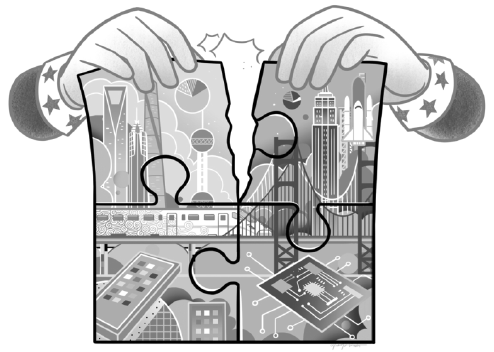
He Weiwen: US to suffer more if it decouples with China
The United States' stigmatization of and hostile actions toward China have, among other things, raised concerns that China might be isolated from the global supply chain and its economy decoupled from that of the US, especially in high-tech and trade.The US high-tech ban on China targets 5G technology, cyber communications, semiconductor chips and artificial intelligence, in a bid to prevent China from challenging the US' dominant role in world trade. Such measures, though they will cause difficulties for Huawei and other Chinese companies in the short term, will result in just the opposite in the long run.
2020-06-03 -
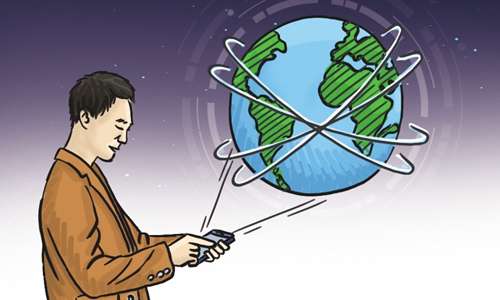
Donald Trump’s ‘G11’ plan heightens speculation over efforts to build new anti-China alliance
US President Donald Trump plans to invite Australia, India, South Korea and Russia to join an upcoming Group of Seven meeting, in a move that has stoked speculation that he is trying to form a bloc to contain China.Trump did not say whether he wanted the G7 to become the G11 permanently , but said on Saturday that he wanted to invite the four to attend the summit and said he felt the group was “very outdated”.White House spokeswoman Alyssa Farah said Trump wants the summit to discuss China, and the announcement follows escalating tensions between Washington and Beijing over issues such as the handling of the Covid-19 pandemic and Hong Kong.
2020-06-03 -
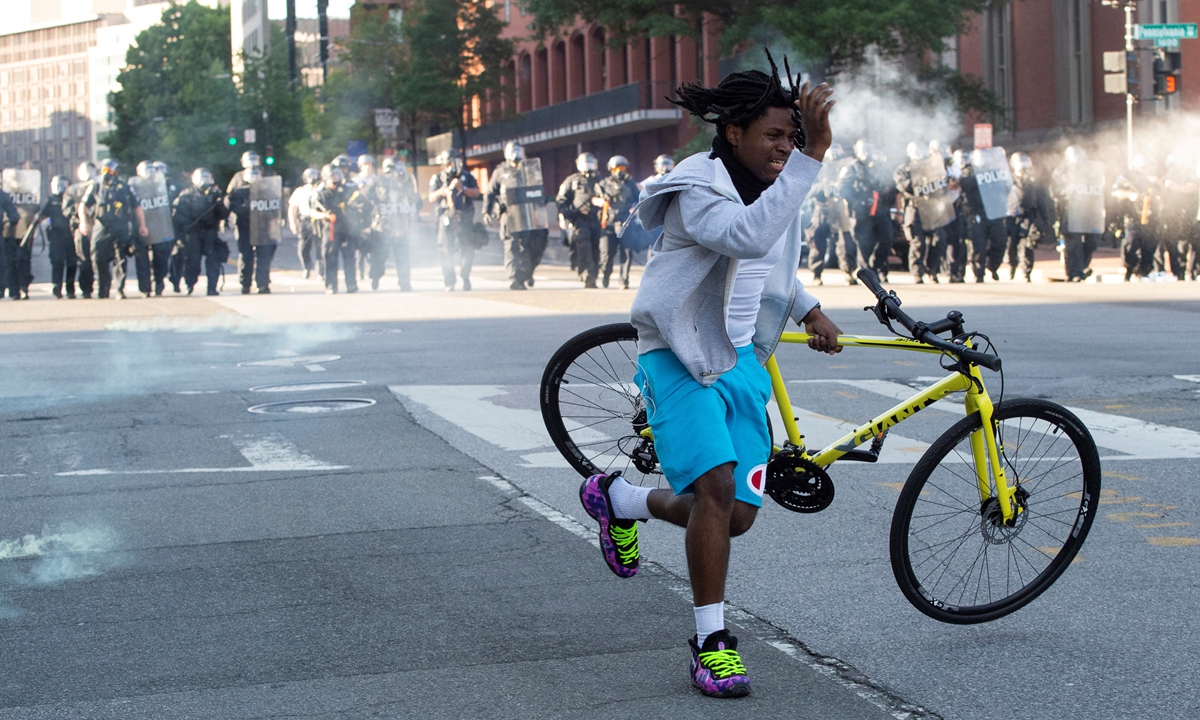
Growing social division, far-left and far-right confrontation underlying cause for unrest
As the ongoing protests in the US have convulsed at least 140 cities across the country following the death of African-American George Floyd, US President Donald Trump tried to pin the blame on Antifa, a far-left movement, for causing the disturbance. However, his "passing the buck" tactic is of no use to fix the deep-rooted discrimination problem in the country and an increasingly divided society with extremist views prevailing since Trump assumed office.
2020-06-03
























































































 京公网安备 11010802037854号
京公网安备 11010802037854号





